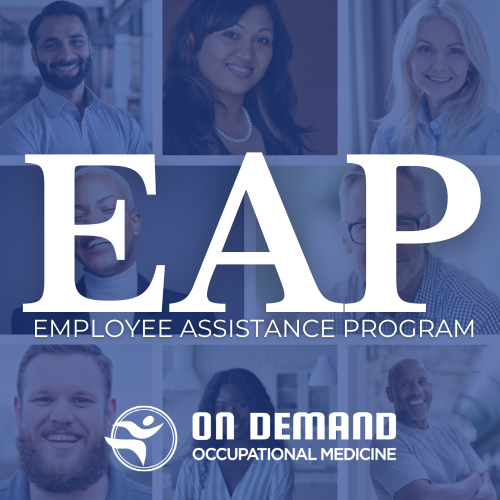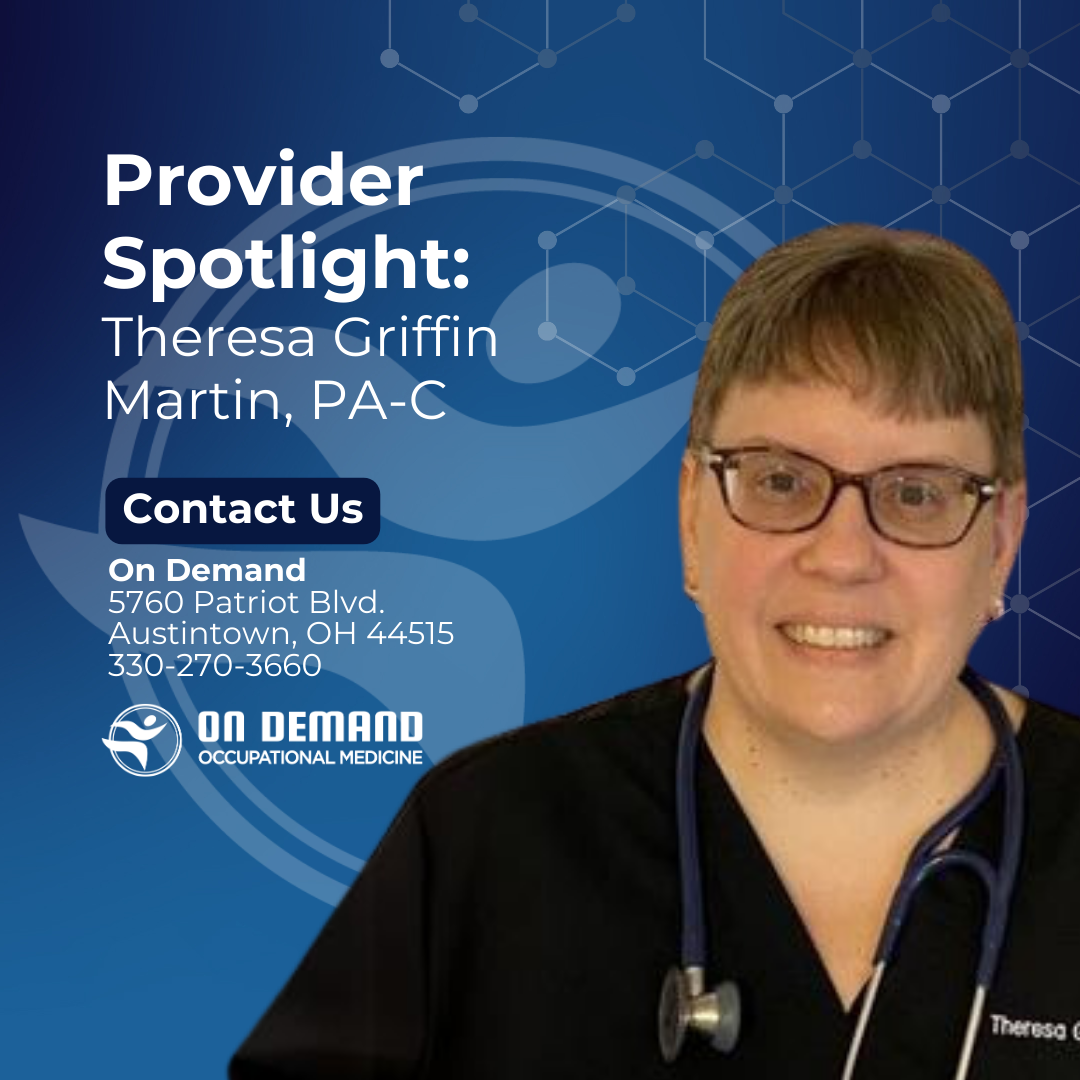Buyer Beware: CBD Oil and Failing Drug Screens
In a world where CBD (cannabidiol) products are becoming increasingly popular for their perceived health benefits, an unexpected issue has arisen failing drug screens. People who swear by the purity of their CBD find themselves facing positive results for cannabis or marijuana during urine screenings. How does this happen when these screens don’t even look for CBD?
“CBD will not cause a false positive,” affirms Steven Dudley, PharmD, a clinical toxicologist and director of the Arizona Poison and Drug Information Center. “When people who use CBD products test positive for a cannabis or marijuana drug screen, it’s linked to one thing: contamination with THC.”
The culprit, it seems, is mislabeling. Many CBD companies market their products as containing minimal amounts of THC, the psychoactive component of marijuana. However, according to Dudley, this mislabeling is a significant issue. Consequently, THC may be present in products touted as “100% CBD” or labeled as THC-free. This discrepancy is concerning, especially for vulnerable populations such as pregnant or breastfeeding individuals. Animal studies have shown that high doses of CBD can cause harm to developing fetuses, and the effects on unborn human babies remain unknown.
Cannabidiol (CBD) is a natural compound found in cannabis, including marijuana and hemp. There’s some evidence CBD may ease pain, anxiety, insomnia, and other health problems. But scientists are still researching the medical benefits of this cannabinoid.
Right now, there’s only one FDA-approved CBD drug. It’s a tightly controlled prescription medication used to treat rare types of seizures. But unregulated CBD products are widely available, from online sellers and local dispensaries to gas stations and grocery stores.
Even if your CBD product doesn’t have a lot of THC in each dose, if you take more than the recommended amount, it accumulates.
Marijuana contains CBD, but most CBD products come from hemp. Legally speaking, hemp is any part of the cannabis plant with less than 0.3% delta-9 tetrahydrocannabinol (generally referred to as THC). But it’s not 0.0%, so there can be trace amounts of THC in many CBD products made from hemp.
As the popularity of CBD continues to rise, experts caution that regular usage may impact workplace drug screening for marijuana. While there’s no foolproof method to ensure passing a drug screen while using CBD products, Dudley emphasizes the importance of responsible use.
While there is some science to the benefits of CBD, as it is currently unregulated, it is buyer beware as we may not know what we’re buying. CBD has too many safety unknowns to be regulated, FDA says. The Food and Drug Administration has said it is unable to regulate CBD products under its current structure because the hemp- or marijuana-derived ingredient hasn’t been shown to be safe enough for food or supplements. “[I]t is not apparent how CBD products could meet safety standards for dietary supplements or food additives,” FDA Deputy Commissioner Dr. Janet Woodcock said in a statement. She added, “For example, we have not found adequate evidence to determine how much CBD can be consumed, and for how long, before causing harm.” Instead, the FDA called on Congress to create new rules for the massive and growing market for hemp- or marijuana-derived products, which have become increasingly popular in lotions, tinctures, and foods and are projected to reach sales of $22 billion by 2030. Meanwhile, the legal status of CBD products has been murky in the U.S. Questions remain about CBD’s effects on the liver, the male reproductive system, and on pregnant women and children, the FDA statement said.
By: Ruth Bowdish, Managing Director
For more information about On Demand Occupational Medicine’s drug testing programs, or to ask more questions about CBD effecting your drug screens, give us a call (330) 270-3660.




